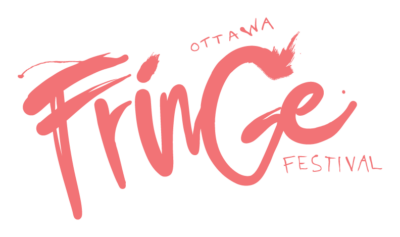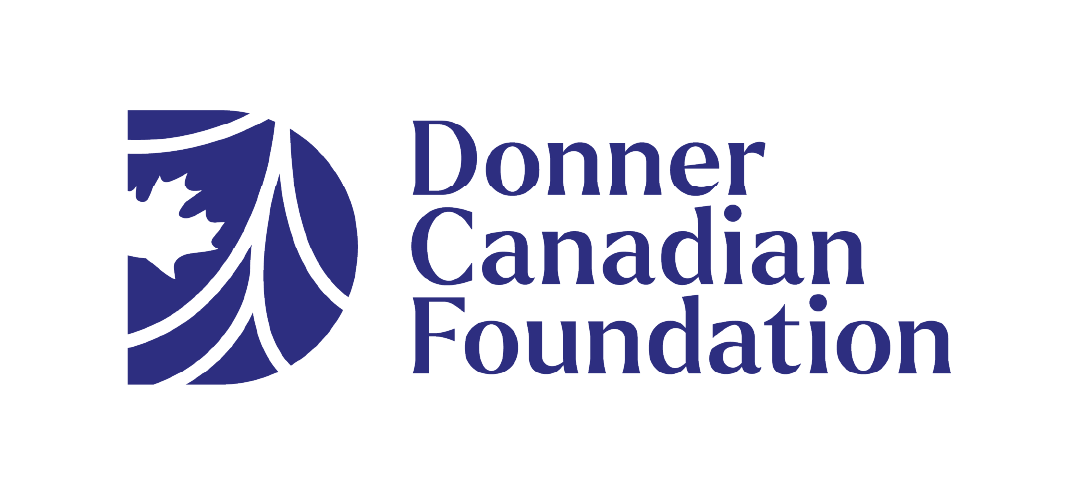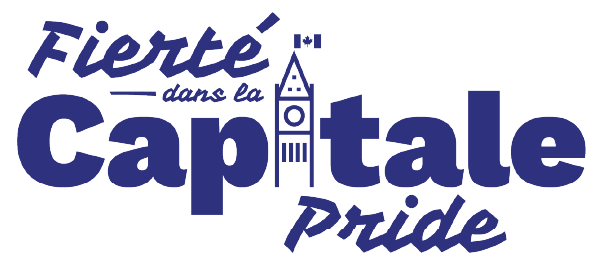Interview with Weeping Spoon productions (Greed)
 A small group of Australians loiters outside the Academic Hall, telling people about their show: Greed showcases Tim Watts (TW), Nathan Tetlaw (NT), Kymba Cahill (KC), Shane Adamczak (SA) and Wyatt Nixon-Lloyd (WNL). Developed through a collaborative process for a small festival, the show represents the company’s first international tour.
A small group of Australians loiters outside the Academic Hall, telling people about their show: Greed showcases Tim Watts (TW), Nathan Tetlaw (NT), Kymba Cahill (KC), Shane Adamczak (SA) and Wyatt Nixon-Lloyd (WNL). Developed through a collaborative process for a small festival, the show represents the company’s first international tour.
How did you all meet? How do you all know each other?
SA We met in Canada actually, on craigslist.
TW We met in uni, we studied performing arts in Perth.
KC You’re supposed to name-drop the school. It’s the same school Hugh Jackman went to, man.
TW After we graduated, we started being professional actors in Perth, and it sucked a bit because there’s not that much of an industry there. So we went « screw this, let’s form a theatre company and make our own shows. » Over the next two-and-a-bit years we made heaps and heaps of shows together, and we really like this one.
So tell me about Greed.
SA Greed was the first show that all five of us worked on together, so it seemed like the natural choice to remount the show. It’s essentially about four characters and how their lives are influenced by greed. It’s a comedy, with three main storylines that all intertwine; kind of like an eighties Pulp Fiction without the guns.
What was the insipration for the show?
KC Well initially we were influenced by the eighties, we were watching Wall Street  and knocking around the idea of the big crash, and all the market stuff. And then we started talking about people’s obsessions, how far they would go to achieve what they wanted. Collaboratively we just started writing some characters, came up with some loose ideas, and all of us went away and wrote little scenes, totally isolated from one another. And our characters came out of that. Then we just worked them all together.
and knocking around the idea of the big crash, and all the market stuff. And then we started talking about people’s obsessions, how far they would go to achieve what they wanted. Collaboratively we just started writing some characters, came up with some loose ideas, and all of us went away and wrote little scenes, totally isolated from one another. And our characters came out of that. Then we just worked them all together.
TW I remember the primary inspiration for me was that greed is something that is seen to be very wrong, and it leads to very bad things, but it’s also something that is so innately part of being human, it’s part of that survival of the fittest thing. So it was kind of creating a show that was dealing with that struggle. It’s just too easy and stupid to say « greed is wrong. »
KC I think this show demonstrates how greed can manifest in so many different ways. Particularly the character I play, Wendy, a lot of people after the show say « Oh, I really felt for her, she’s just like me when I was young, » and when we actually look at the things that Wendy does, she essentially stalks this guy to get what she wants, but because she does it in a cutesy way, everyone accepts it. If you compare her to some of the other characters in the play, her greed just doesn’t manifest as poorly as it does for some of the other characters.
NT In buddhism greed is one of the real fundamental causes of human suffering. There’s only three for the buddhists, and that was one of the reasons that I wanted to explore the idea of greed. It could have formed the beginning of a three-piece cycle: greed, ignorance and sloth.
You’ve actually workshopped this version a few times.
WNL We actually call this version « Greed Mark Six, » and the one we’re going to do in Toronto will be « Greed Mark Seven. »
KC We have to change it again because there will only be three of us.
SA Two of us are getting deported.
NT We originally prepared Greed for a short festival.
WNL Every show gets an hour to tech, there were six shows every night, and each show could be a maximum of fifteen minutes. In this festival, we had seven shows. Greed mark one was probably the worst one out of them all.
KC And the irony of that festival was that we were being greedy. Because we thought that it was that everyone puts in their applications, and they pick some of them, so we put in seven. But they just accepted anyone who put in. So we all put it in under separate names, and we all got in.
SAI legitimately put one in as a joke, it was a show called « Perception, » we hadn’t even made up some of the shows.
How has Canada treated you?
WNL Canada’s been amazing. It’s been so rock and roll. Just as an example, I did a show in Australia – printed 4,000 flyers for a four-week festival, and got houses that were tiny. Here, we printed 5,000 flyers, haven’t given out any of them, and there’s been huge crowds!
SA We walked into Ottawa, opening night, we’d been here for five hours, and we had a house of 35, maybe 40 people.
KC We’d done no posters, no flyering, we drove in from Montreal, did our tech that day, and warmed up. That was it.
TW It’s been really good, really surprisingly warm and friendly. People actually listen to what you have to say. I think we’re a bit of a novelty because we have funny voices. In terms of the fringe of experience, this show originally had a massive and technically complicated set. We went « screw that, we can’t do that, » and converted it to a smaller set that we could tour. As a result we converted our whole design into cardboard, which is one of the elements that people have responded to the best. Which was purely out of necessity. If I did a show again next year, I’d do it even simpler.
SA One thing I’ve learned from fringe festivals I’ve done is that the less stuff you have in the show, the better. It’s such a hassle. I did this one show where I had a tv, and a guitar, and a whole bunch of junk I had to carry around… to get rid of that stuff, makes it so much easier to tour. And it makes you focus more on your show.
Greed, by Australian company Weeping Spoon productions, can be seen at the Academic Hall, Monday the 24th through Wednesday the 26th.
Previous interviews:
Interview with Brigette DePape (She Rules With Iron Stix)
Amy Salloway (Circumference)
The Absinthe Collective (A Leave of Absinthe)
Peter Hayes (The Tricky Part) and Greg Landucci (Mr. Fox)
Penny Ashton (MC Hot Pink / Busty Rhymes)
Keir Cutler (Teaching the Fringe)
Celeste Sansregret (Wonderbar!)
Jem Rolls (How I learned to stop worrying and love the mall)























